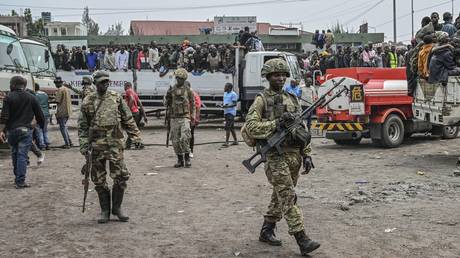
Hailed as a step toward peace,the 19 July ceasefire signed in Doha between the Congolese government and the M23 rebel group has been met with deep skepticism — and renewed bloodshed.
While the Doha Declaration was hailed by the United States,United Nations,and the African Union as a diplomatic breakthrough,on the ground,skepticism and violence persist. Backed by Rwanda — a charge Kigali denies — M23 has refused to withdraw from occupied territories in eastern DRC,despite the truce. “We will not retreat,not even by one meter,” said M23 delegate Benjamin Mbonimpa. Within days,M23 fighters reportedly killed 19 civilians near Bukera,violating the ceasefire terms. Civil society and Church leaders say the deal — forged without input from local populations — lacks justice,accountability,and practical mechanisms for peace.
“It’s a peace in words,but not yet in deeds,” warned Congolese activist Pierre Kabeza,speaking to Agenzia S.I.R.,the official news agency of the Catholic Church in Italy. Cardinal Fridolin Ambongo of Kinshasa echoed these doubts,calling the process a “false solution” that overlooks Congo’s historical suffering and systemic exploitation. Analysts argue M23 aims not for peace,but political leverage. “M23 will do whatever it pleases,” said conflict expert Reagan Miviri who works with the Kinshasa-based Congo Research Group. Meanwhile,calls grow for a humanitarian corridor to deliver vital aid to displaced populations. With over 7 million internally displaced,and mineral-rich territories still under rebel control,many Congolese fear that the Doha accord may prove another empty promise in a long cycle of failed peace deals.
United News - unews.co.za